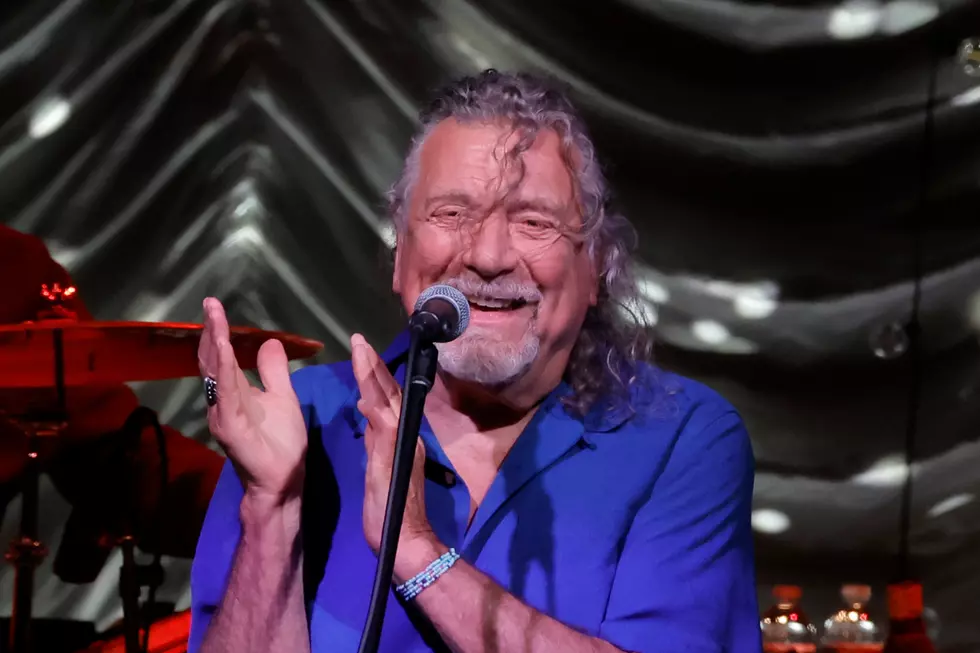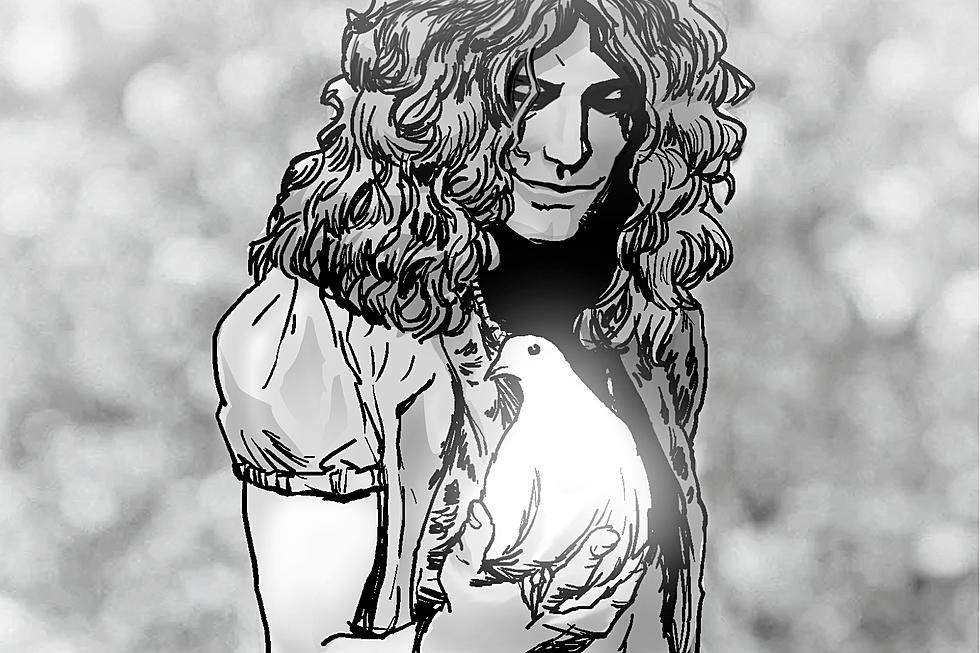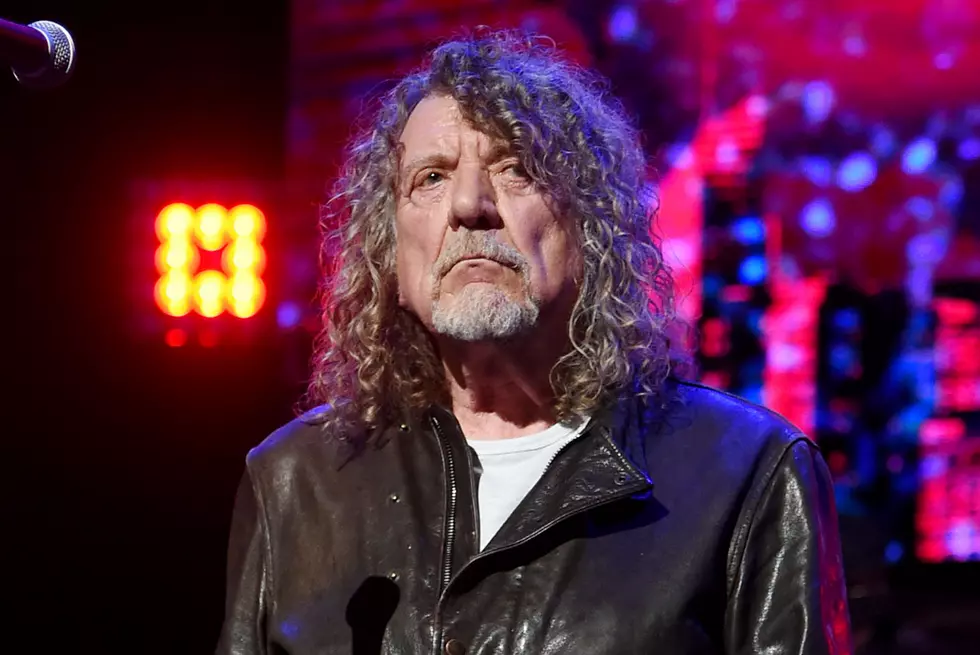
Robert Plant on Led Zeppelin’s Tolkien Obsession – ‘There Were Maybe One or Two Too Many Hobbits’
With age brings reflection, and while Led Zeppelin's works are some of the most critically hailed in music history, Robert Plant admits in a new Rolling Stone interview that he feels a little embarrassed at times at how much he delved into the mystical world of hobbits for inspiration.
Plant was asked about the sexism and debauchery in the band's music from the period, to which the singer marked it up to rock singer being heavily influenced by the innuendo of blues musicians at that period in time. He also admits to being an artist in his early 20s still developing as a songwriter.
"Obviously, I was developing all the time with what I felt and what I was surrounded by. I didn’t have to sing R&B stuff because I was able to write stuff. Although sadly some of it was … there were maybe one or two too many well … hobbits," Plant laughed.
That opened the door to discussion of the singer's Tolkien influence, often pulling from the writer's mystical world of hobbits for inspiration. "I can see from this window the hill where Tolkien used to sit and look out over the landscape, and that’s the Shire, and the village just below it is called Bagginswood. I was living in a dream then, talking about C.S. Lewis and Tolkien. And of course it brings hoops of derision into everybody who picked up a guitar or got near a microphone by 1980. But I was a kid," said Plant.
He added, "I was 22 when I wrote 'Ramble On' with Jimmy [Page], so what do I know?"
Continuing his thought, Plant remarks that reflection on his influence then comes with a bit of embarrassment. "I know a lot more about Tolkien now, because it’s still alive on the Welsh borders. 'The Battle of Evermore' is not over. Far from it. And the thing about 'Evermore' is … I said to Alison {touring partner Krauss], 'I’m embarrassed by this.'"
Plant says Krauss quelled his embarrassment, stating, "She said, 'But you can’t be embarrassed, because it’s a young person’s moments by living in an area which is like that, which resonates that period.' But of course that’s oblique, really, because that period is right now too. It’s all the same thing. It’s just that I was obsessed by Louis Spence and C.S. Lewis and the whole idea of the Inklings and the people that used to meet with Tolkien in Oxford and try and wish that they could revive the spirit of what had happened at the turn of the 20th Century. 'Bring it back. Bring it back.'"
Led Zeppelin, "The Battle of Evermore"
Within the same interview, Plant also discussed how he viewed "Stairway to Heaven" as "a song about hope." "It was gargantuan at the time. The musical construction was, at its time, something very special, and I know that Jimmy and the guys were really, really proud of it, and they gave it to me and said, 'What are you going to do about this,'" calls Plant. "So I set about trying to write something which I suppose drops into the same idiom as something like 'The Rover' later on, or maybe 'Rain Song,' something where there’s some optimism and reflection from someone who was really not [old]. I was 23 or something like that."
He went on to add, "When I hear it in isolation, I feel overwhelmed for every single reason you could imagine. There was a mood and an air of trying to make it through. The world is a different place. Everybody was reeling from Vietnam and the usual extra helping of corruption with politics. There were people who were really eloquent who brought it home far less pictorially and did a much better job of reaching that point. But I am what I am, and as my grandfather said, 'I can’t be more ‘am’-erer.'”
Plant is currently in the homestretch of the U.S. tour leg of his current run with Alison Krauss. To see the remaining dates and get ticketing info, head here.



